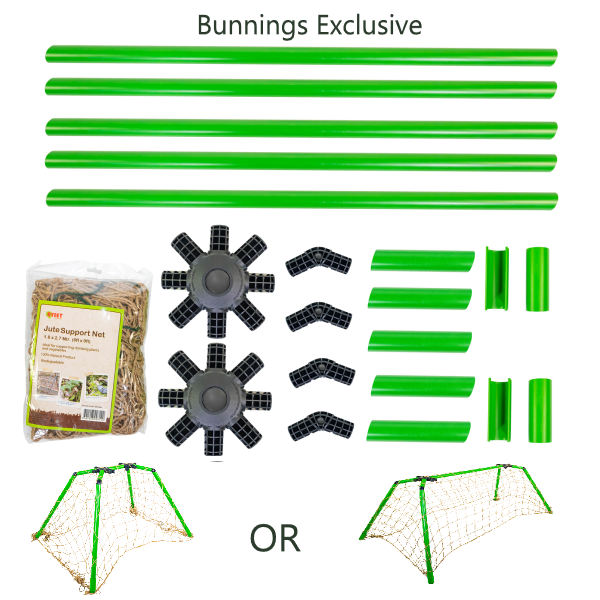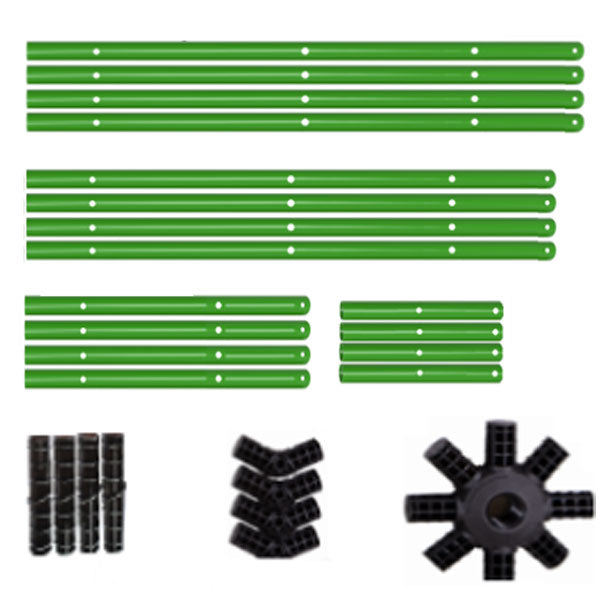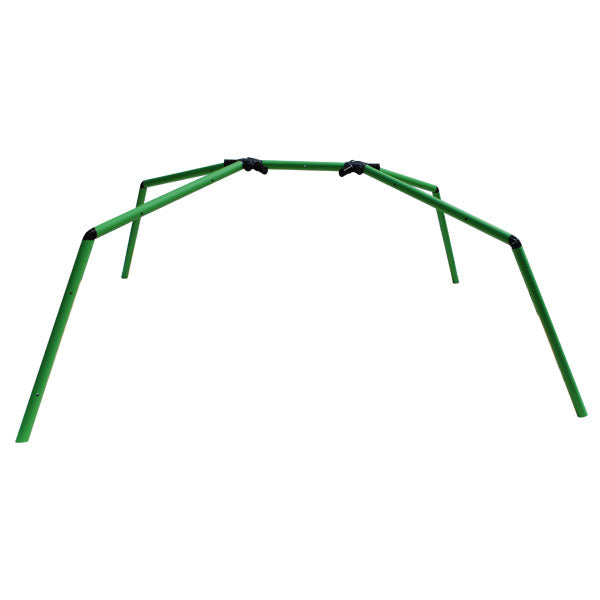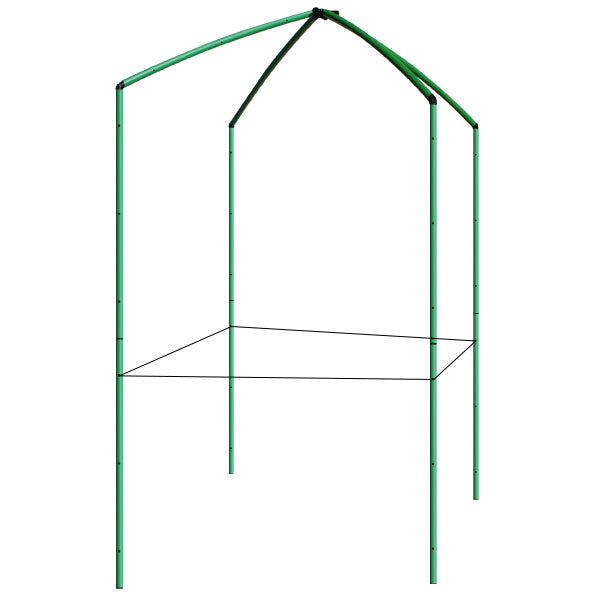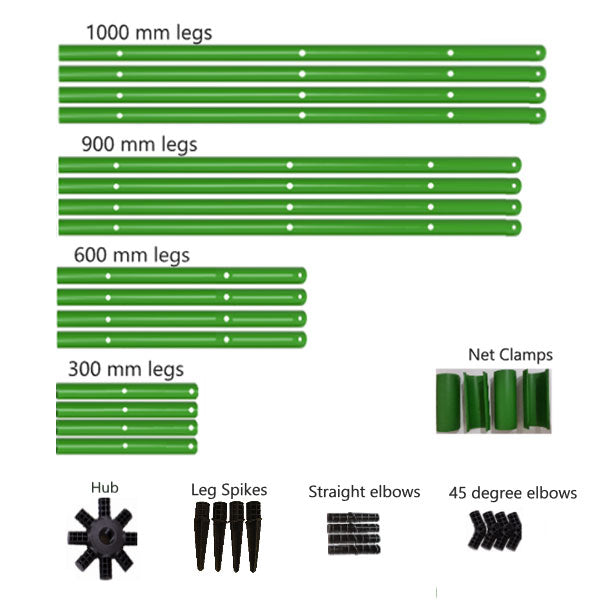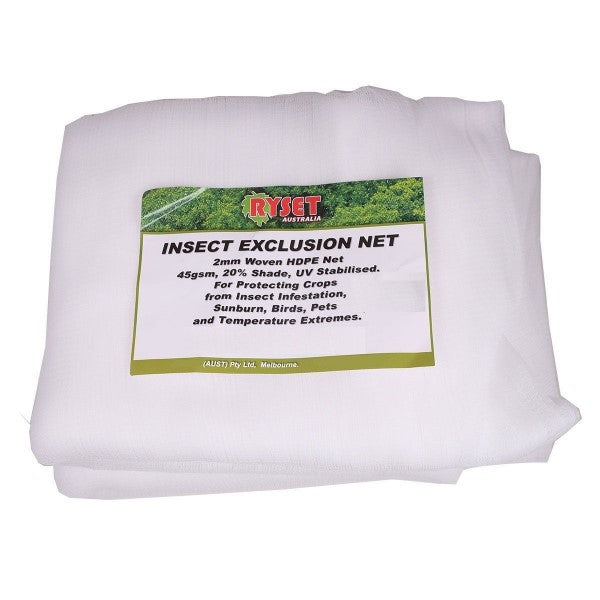If you are leaving garden beds clear over Autumn and Winter, it would be worth doing some work with them, so they do not stay in a cold and saturated state. If this happens, the soil can become sour and difficult to cultivate in some areas. Many forms of bacteria will also disappear. This means that when spring comes, your plants wont be able to get off to the best possible start.
So rather than let the beds sit there getting stale, why not give them a little sweetening? It is not difficult or expensive.
- Calcium, in the form of lime or dolomite can be spread over most beds where you are going to grow vegetables, (but not where some ornamentals like azaleas and most Australian natives are growing).
- Fruit trees, stone fruits in particular will also benefit from an annual covering.
- How much will depend on your soil and its current acidity. You can get a kit to tell you that, or just look out for signs. Sorrel, for example loves acid soil, so if it is taking over, the plants around it will be starved of lime.
- If you are using dolomite, you will need to use about twice the quantity. In acid soils that have not been tendered for a while, or new soil, you will need about two good handfuls for every square metre (1 metre x 1 metre area).
- Lime is the most active, becoming available to the plants very quickly. It is good to put on onion beds, if they are to be sown in July. It is also good to apply when sowing peas and beans, that can be planted now
- Cabbages, caulies, broccoli, sprouts, carrots, beetroot and the forementioned onions will all benefit from it.
An inexpensive and rewarding task to do.
Enjoy!
Peter


